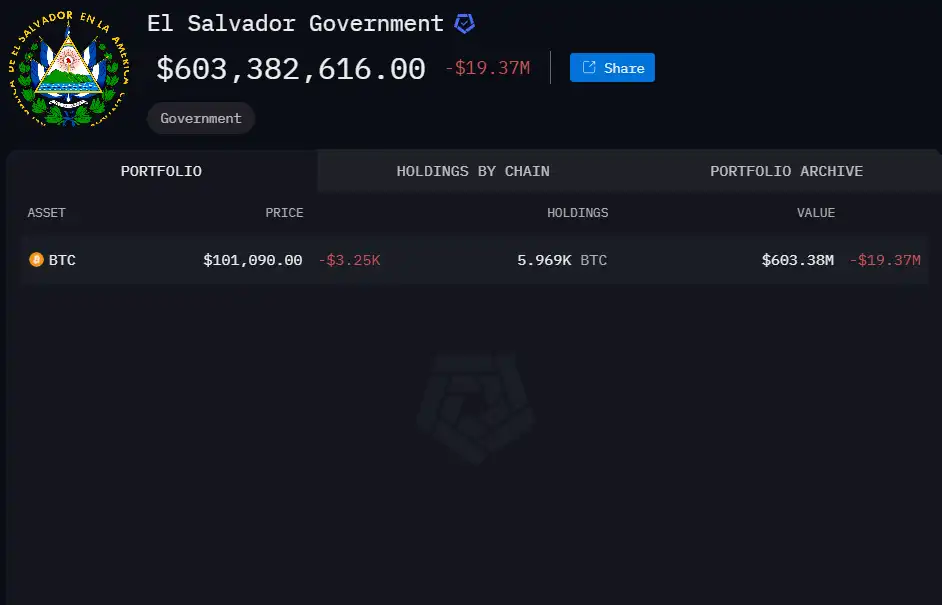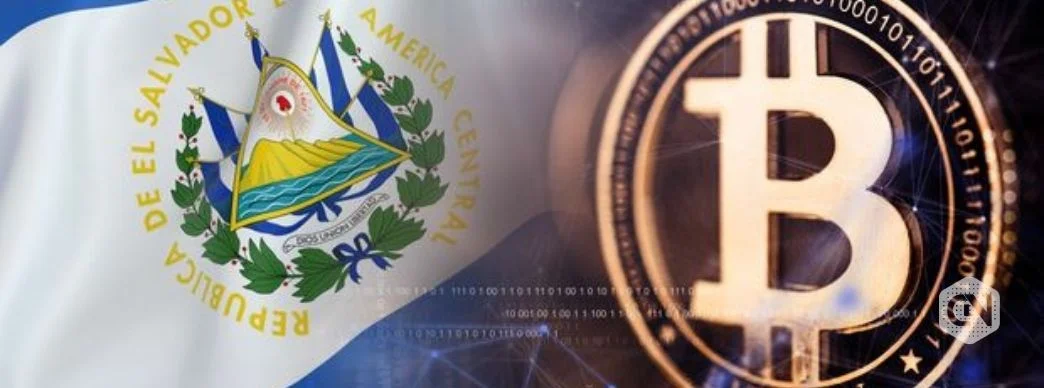As El Salvador finally reached a $1.4 billion loan deal with the International Monetary Fund (IMF), concerns over the country’s Bitcoin policy have risen amongst the crypto community.
The deal with the IMF comes after four years of long discussions and aims to aid El Salvador’s finances, but at the cost of changing the country’s Bitcoin policy and possibly curtailing it to some extent.
IMF Deal: A weapon Against El Salvador’s Bitcoin Ambitions?
According to a statement from the IMF, the agreement requires El Salvador to curtail its Bitcoin strategy. “For the public sector, engagement in Bitcoin-related economic activities and transactions in and purchases of Bitcoin will be confined.”
😌 https://t.co/eIUqzG14Yw pic.twitter.com/AFfRZPkmYl
— Nayib Bukele (@nayibbukele) December 18, 2024
The IMF also states that with the deal in place, the potential risks of the Bitcoin project will be reduced significantly in line with fund policies. The joint statement by IMF Deputy Director Luis Cubeddu and Mission Chief Raphael Espinoza reads, “Legal reforms will make acceptance of Bitcoin by the private sector voluntary.” Meanwhile, as per the deal, taxes will only be paid in U.S. dollars, and the government’s participation in the crypto e-wallet (Chivo) will be slowly unwound.
Apart from this $1.4 billion loan, additional funding of over $3.5 billion could be unlocked over the program period from development banks like the World Bank, the Inter-American Development Bank, and other regional development banks (Central American Bank for Economic Integration, CABEI, and the Development Bank of Latin America and the Caribbean, CAF).
The IMF’s executive board is expected to review the program for approval by early February 2025, depending on El Salvador conceding to the agreed-upon conditions.

The IMF has always been apprehensive about El Salvador’s Bitcoin strategy, which began when President Nayib Bukele declared Bitcoin as legal tender, triggering negative responses from the World Bank and other financial institutions. Following this decision, the World Bank rejected El Salvador’s request for assistance with implementing its Bitcoin Law, citing environmental concerns. The IMF, on the other hand, continued pushing El Salvador to reconsider its Bitcoin stance. This is especially interesting as the U.S. itself is now considering a Bitcoin Strategy Reserve. All in all, the real question now is whether pro-Bitcoin El Salvador is ready to scale back its Bitcoin strategy in exchange for funds that could double its BTC holdings of 5.969K BTC, worth over $603 million.
Also Read: Breaking: US State of Ohio Introduces Bitcoin Reserve Act








